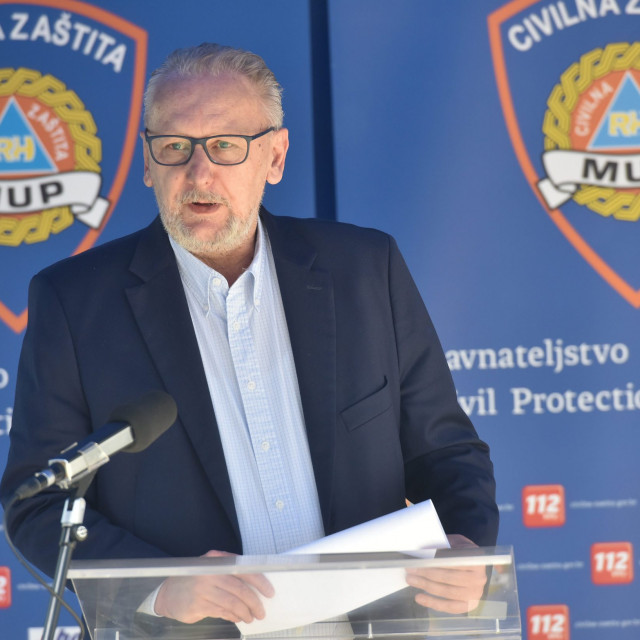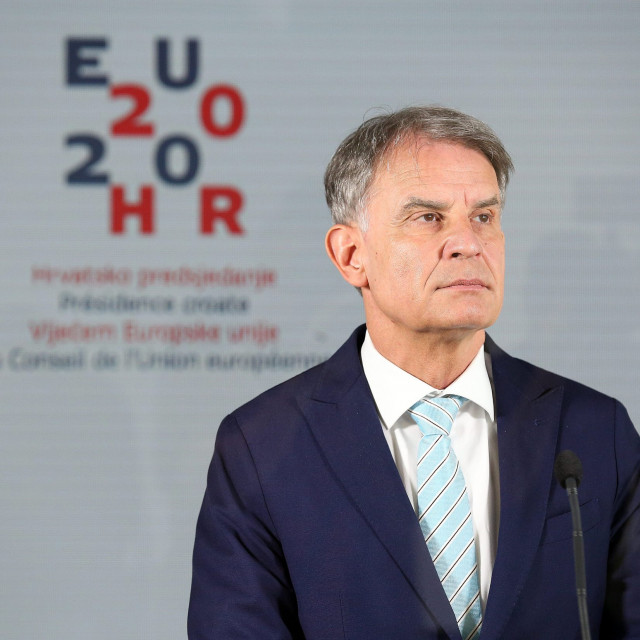
Cappelli addressed the press after a video conference with EU tourism ministers on the topic of the effects of the pandemic on the tourism sector, which was chaired by the tourism minister of Craotia, which is holding the rotating Presidency of the Council of the European Union.
The objective of the video conference "was to exchange best practices and identify ways of enhancing the support to the EU's tourism sector, which has been badly hit by the COVID-19 crisis," according to the information on the website by the Croatian presidency.
Cappelli underscored that the conclusion from today's meeting is that there has to be a common plan to come out of the crisis and that a travel protocol which would include security and health aspects, foresees the creation of a common document, something in the form of a "COVID-19 passport," which would be valid in all EU member states for tourist arrivals and departures.
Travel would include road, railway, sea and air traffic and even though a common protocol will be insisted upon, Cappelli said that bilateral cooperation would also be possible.
Cappelli hopes that before the end of May, agreements can be reached at least at the bilateral level with individual countries to open some sort of tourism corridors, adding that a respectable number of countries are interested in that option.
He added that tourism is key to saving and strengthening certain European economies, such as Italy's and Spain's, in which, like in Croatia, tourism accounts for a high share of overall GDP.
Cappelli recalled Croatia's initiative to better position tourism within the framework of the EU, which he presented at a meeting of tourism ministers in Sofia in 2018. That initiative included the establishment of a special tourism fund in cases of possible problems some countries might have, such as the refugee crisis, floods and now the coronavirus pandemic.
He underscored that the initiative gained support for financial and other mechanisms to be launched so that tourism can take a different position to the one its has now.





Za sudjelovanje u komentarima je potrebna prijava, odnosno registracija ako još nemaš korisnički profil....